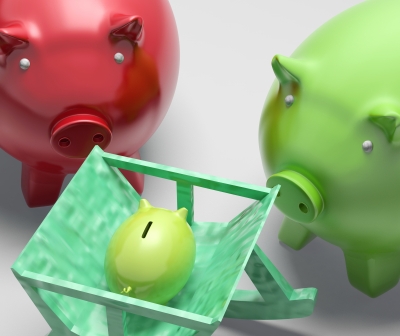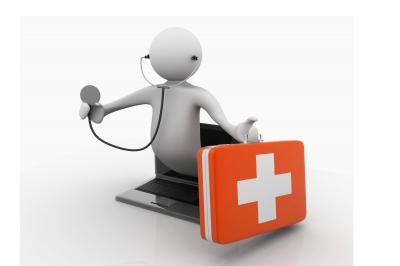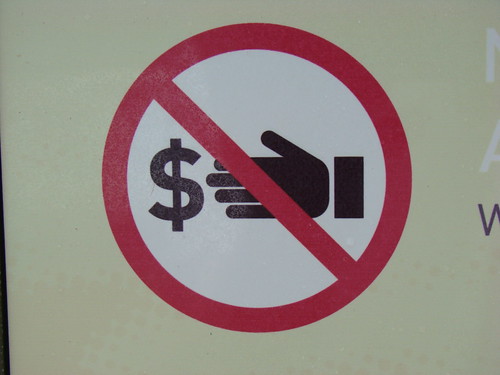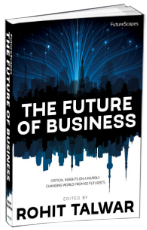[caption id="attachment_915" align="alignleft" width="262" caption="Source: Public Domain Images"]
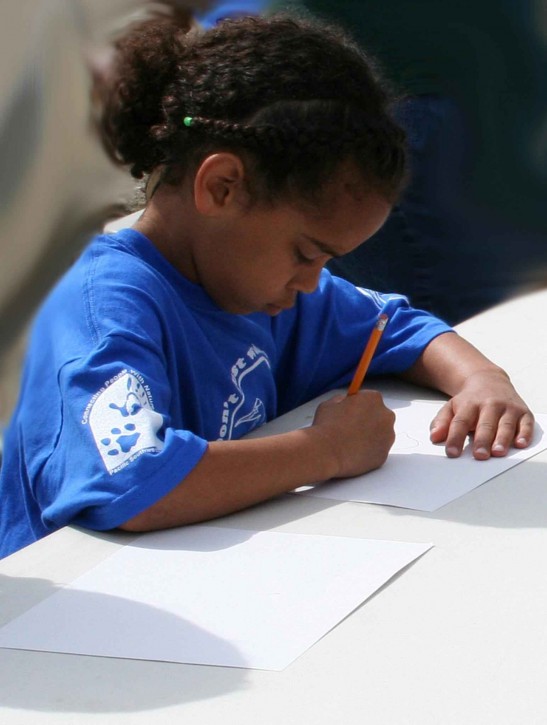
[/caption]
When I asked my 8-year old daughter the other day what she wants to be when she grows up she gave me a metacognitive answer I did not expect from somebody her age. "Mom, you know how children my age often dream of becoming popstars, but they know that it's probably never going to happen? Well, I'm one of those children who have those dreams. So in my dream I will become a popstar, but in the "real world" I'm going to be an engineer and find ways to get more clean fresh water for the world. Maybe by taking the salt out of the seawater".
Of course at age 8 few people really know what they want to do with their lives. I probably changed my mind at least thirty times growing up, and so do children today. Yet I feel that the signals they pick up from their environment today will have an impact on their future choosing. My own children and many of their friends have been learning about water conservation and the perils facing the global climate pretty much from they learned how to talk. Today teaching children about environmental protection in preschool and elementary school seems as important as teaching them basic manners and academic pre-skills. And that is not even mentioning the lessons you learn from the increasingly severe summer droughts in central Texas!
Yet if current trends continue by the time this generation reach college, the best and brightest minds might very well be sucked up by Wall Street firms and big

